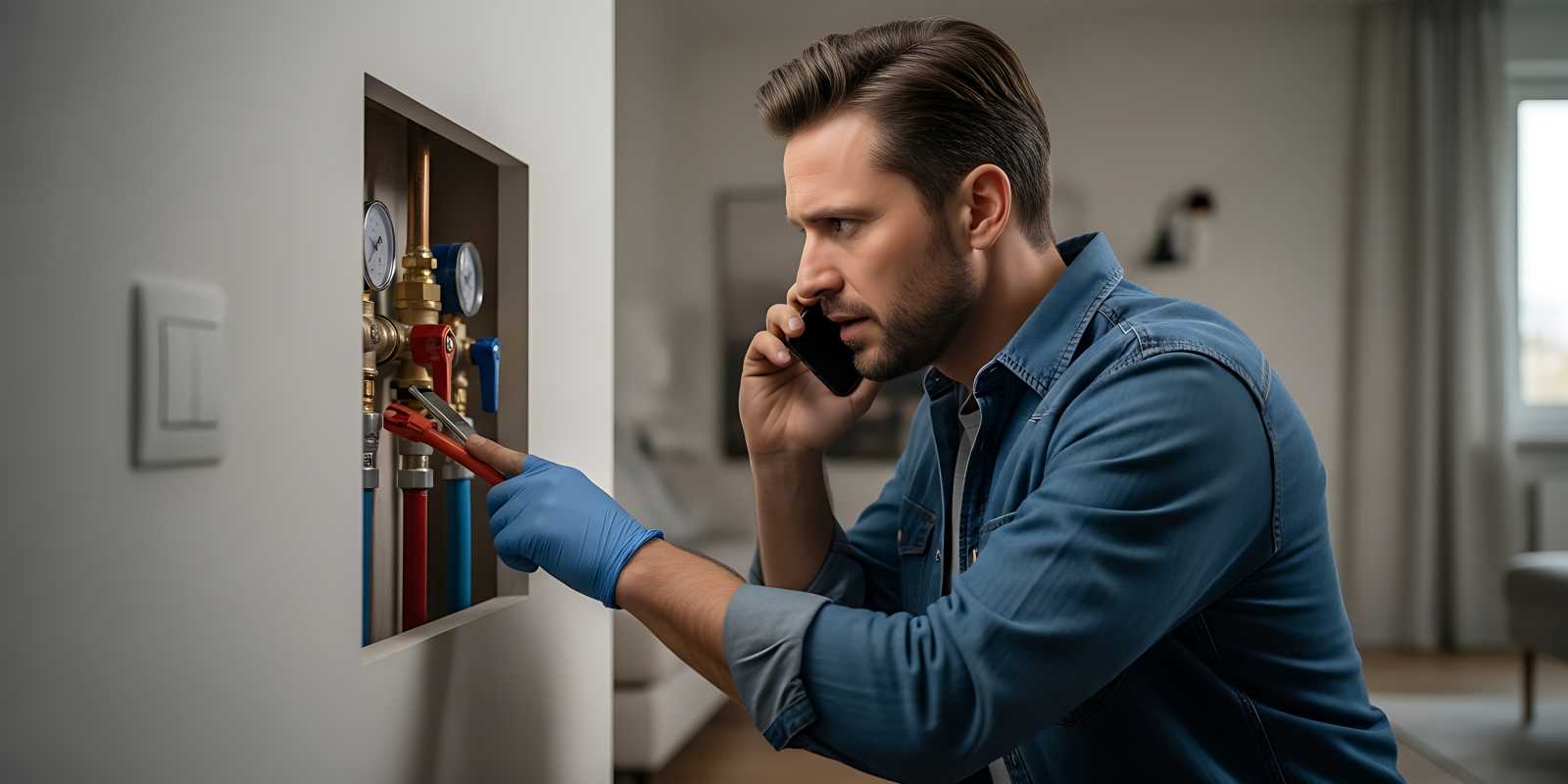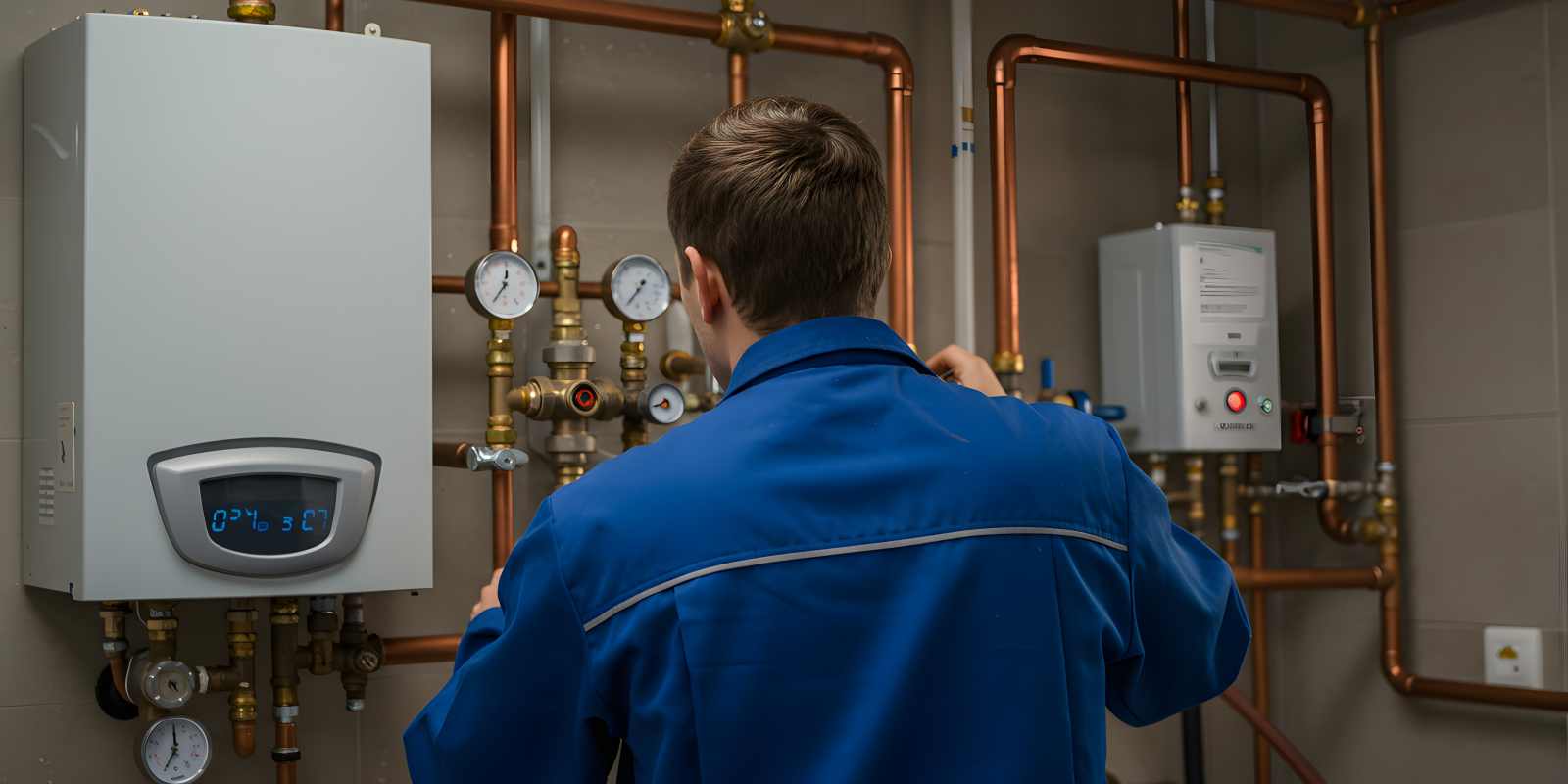Visible mold on your drywall or walls is a problem. But what if the mold is out of sight?
The presence of mold in your HVAC system can cause numerous health problems and compromise the air quality in your home. Fortunately, there are steps you can take to spot and prevent mold, as well as eliminate it before it causes any lasting damage.
Causes of Mold in Your HVAC Systems
Mold can grow and develop in your HVAC system for two main reasons:
- Moisture condensation in the HVAC ducts. As cooler air moves through the vents during the summer months, condensation can build and create a breeding ground for mold.
- Improper sizing of AC systems. Oversized or undersized HVAC systems can cause inefficient performance and condensation issues.
Health Effects of Mold
As air moves through your air ducts, it sends mold spores out of the ducts and into your living spaces. This can cause health problems for you and your family, especially if someone in the household has respiratory issues like asthma or allergies. Here are some symptoms of mold exposure:
-
- Headaches
- Sneezing
- Coughing
- A runny nose
- Eye irritation
- Skin irritation
- Difficulty breathing and itchy throat
Signs of Mold in Your Home
While mold in your HVAC system can difficult to identify, here are some common signs to keep an eye out for:
-
- Intense smell and musty odor
- Visible black dust around air ducts or intake vents
- Added moisture inside your home despite your AC running
- Itchy eyes, nausea, difficulty breathing, or itchy throat
How To Remediate Mold in HVAC Systems
Professional air duct cleaning and mold remediation is the only way to completely get rid of mold in your HVAC system. Our sister company, Duraclean, uses the latest procedures prescribed by the EPA, HYDOH, and IICRC to secure the affected area and provide the necessary service needed to reduce the contaminated area to safe levels within your home.
{{cta(’24f8bf99-0b98-44bb-9eff-12e1b12b5d49′,’justifycenter’)}}
There are, however, steps you can take to prevent the growth of mold:
- Change and upgrade filters. HVAC air filters are your first line of defense against mold. But if your filters are dirty, old, or cheaply made, they may not work. Change your filters regularly (every 3-6 months) with a quality, high MERV value filter.
- Regular maintenance. Reactive maintenance (only when it’s needed) is a costly way to maintain your HVAC unit. Regular servicing can spot big problems –like mold– while they are still small.



